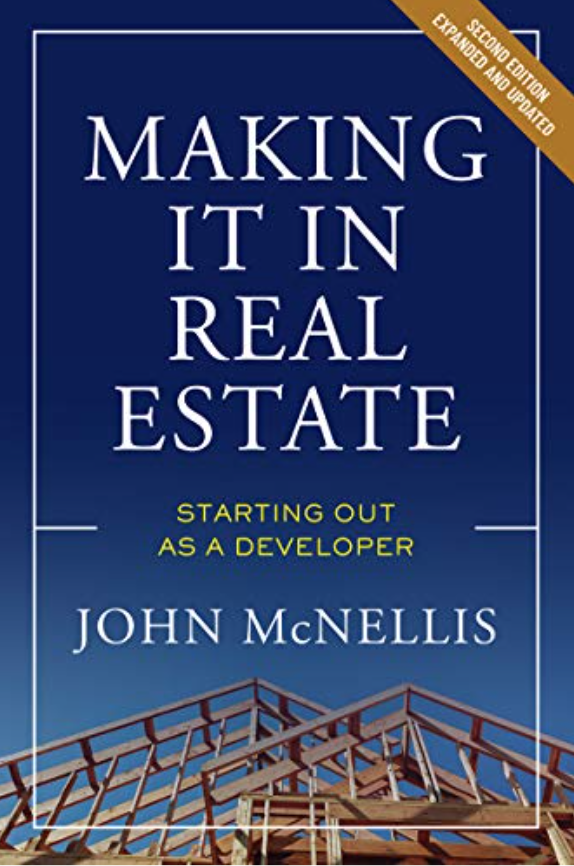Urban myth says the family of a condemned man in China must pay for the bullet that executes him. In America, we actually do buy the bullets for executions. Through tax breaks and a lack of regulation, we are handing Tech the golden bullets it needs to assassinate bricks & mortar business.
Three “tech” industries—department stores, taxis and hotels—are worth considering in this golden light.
Amazon is at heart little more than a digital Sears & Roebuck catalogue, a department store with operating results so dismal they would shutter any old-school business. But since Wall Street still believes in Amazon’s future, it cheered when the company announced a first quarter income of $108 million on gross revenues of just under $20 billion. That equals income of about ½ of one percent of sales—what anyone other than Jeff Bezos’ mother would round off to a zero return. Amazon may not even manage that much income for 2014—it is already forecasting a loss of somewhere between $55 and $455 million for the second quarter.
Now it turns out that the spare change Amazon does make is neither the result of the founder’s genius or its ballyhooed delivery system. No. It simply has an unfair advantage; it pays no sales tax. An economic study issued by Ohio State University in April determined that Amazon’s sales declined an average of 9.5 percent in the 24 states that have at last begun taxing the company. What happens to its micron-thin profit margin when the remaining 36 states level the tax field? Likely we will never know because Wall Street will figure out that same-day delivery is an incredibly expensive service in search of a need long before Amazon’s tax-free tire jack is kicked away.
In fairness, if Amazon is wrong about same-day delivery, it is in very good company. Nearly everyone else in retail—even Google—is dumpster diving into same-day. Whether proof of herd insanity or this concept’s hidden brilliance, the latest entrant in the field is Burgerdispatch, a start-up that delivers your cheeseburger in an hour. John D. Rockefeller’s shoeshine boy would have loved it.
Unlike the delivery business, app-guided taxis are a great idea. And what Henry Ford did to the horse, Uber and its many imitators are doing to the world of taxi medallions and oil-leaking yellow cars. While that may be as it should—watching a blue dot approach on your app beats the hell out of awaiting a cabbie named Godot—the term Uber should not connote a decimation along the lines of handing Native Americans small pox infected blankets.
Uber and its clones should pay the same taxes, do the same driver training and vetting (true, that probably involves little more than mirror-fogging) and carry equivalent liability insurance—sized to reflect its dwarfing of mom & pop cab companies. Perhaps most importantly, Uber’s dynamic pricing (Tech talk for ticket scalping) must be addressed. As matters stand, Uber can and does—depending on demand—charge whatever it wants whenever it wants. Cabbies are bound by set rates. When the whole world is desperate for a cab on a rainy Friday evening, Uber can triple its rates and skim away the cream. The old school cannot. Either Uber should be rate-bound or the rate schedules thrown out altogether. And who loses if that happens?
Airbnb is valued at $10 billion. It owns little more than a cool idea—use crowdsourcing to create a virtual world-wide hotel chain of spare bedrooms. With 4,600 hotels and 676,000 rooms in 100 countries, Holiday Inns is worth less, about $9.75 billion. That’s modern world reality—one great concept is more valuable than a universe of real estate. Out with the old, in with the new may be a formula for solace-seeking at the end of a relationship, but it will provide no comfort for tens of thousands of maids, bellboys and small business owners if Airbnb is allowed to fish-gut the hotel industry the way Amazon did bookstores. That is, by giving Airbnb a pass on hotel taxes.
According to a Priceonomics study last year, Airbnb charges $165 for one of its apartments in San Francisco and $100 for a spare bedroom. This compares to $229 a night for a typical San Francisco hotel room. On top of that, the hoteliers collect—you pay—a 14 percent hotel tax, raising your room rate to $261 a night. If a whole apartment is $100 a night cheaper than a hotel room, how badly is Airbnb going to maul the hotel industry? How hard would it be to require that it pay the same taxes?
More broadly, how many more times must we read about politicians wooing Tech with tax breaks it doesn’t need? How many more 25 year-old billionaires do we have to create on the backs of working and middle class America before we stop kissing Tech’s backside and make it play by the same rules as everyone else?
Henry Ford didn’t need tax breaks to put horses out to pasture; neither do great tech companies.


